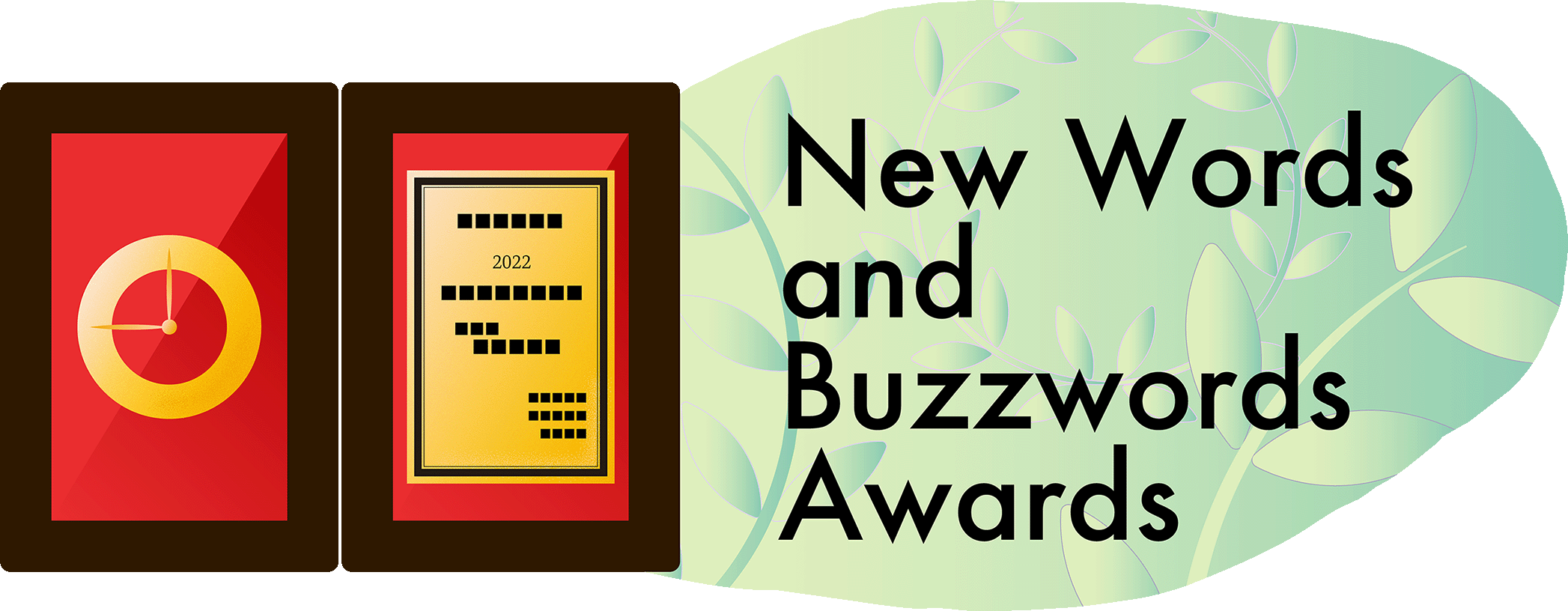
As 2022 comes to an end, it’s time once again to take stock of the year through the language that dominated it. This year, Collins Dictionary selected the term “permacrisis” for its word of the year. Collins defines “permacrisis” as “an extended period of instability and insecurity.” With a global pandemic, war, climate change, and economic woes occupying the minds of people around the world, this term aptly describes what many of us seem to be experiencing.
In Japan, the top 10 words of 2022 express a similar sense of anxiety at the state of the world, as well as sources of fascination, hope, and fun to be found in daily life. Read on for the 10 words Japanese people voted as representative of the past year.
- 村神様 (Mura kami-sama)
The expression chosen as the top Japanese word of the year for 2022 is 村神様 (Mura kami-sama). In July, Munetaka Murakami (村上宗隆), a player for the Yakult Swallows, became a titan of Japanese baseball when he set a new record as the first player to hit five consecutive home runs. Murakami also hit the 56th home run of his career in October, becoming the second player to ever do so. Murakami, whose surname is written in kanji with the characters “村上” (Murakami) started being referred to on social media as “村神様” (Mura kami-sama), or “Lord Mura.” This play on the shared pronunciation of the character “上” (kami) meaning “above” and the characters “神様” (kami-sama) meaning “god” or “our lord,” demonstrates both the popularity of baseball in Japan and the Japanese love of a good pun.
- キーウ (Kīu)
The effects of the Russian invasion of Ukraine have been felt around the world. With the increased awareness and attention placed on the country and culture of Ukraine, there has been a strong global movement to recognize the Ukrainian language spelling and pronunciation of regions and cities. The city of Kyiv, previously commonly spelled “Kiev” according to the Russian language pronunciation, underwent similar changes in transliteration in Japanese, changing from “キエフ” (Kiefu) to “キーウ” (Kīu).
- きつねダンス (Kitsune dansu)
This buzzword illustrates the Japanese love of baseball and catchy songs and dances. きつねダンス (Kitsune Dance), meaning “Fox Dance,” became a viral phenomenon thanks to the Fighters Girl cheerleading group representing the Nippon Ham Fighters baseball team. The dance, which is performed to the song “The Fox (What Does the Fox Say?)” by Norwegian comedy duo Ylvis, features simple and cute moves that have taken social media and the country by storm.
- 国葬儀 (Koku sōgi)
On September 27th, 2022, former Japanese prime minister Shinzo Abe became only the second former prime minister to receive a state funeral, or 国葬儀 (koku sōgi), in the post-war era. State funerals, which are held at the government’s expense, have been traditionally given to emperors, members of the imperial family, and persons deemed worthy through their distinguished service to the country. Mixed feelings abound when the subject of a state funeral for Mr. Abe was broached, making this a topic of much debate.
- 宗教2世 (Shyūkyō ni-sei)
Meaning literally “religion second generation,” the term “宗教2世” (shyūkyō ni-sei) became part of a growing debate on the separation of religion and politics in Japan after the assassination of former prime minister Shinzo Abe. The term is used to describe the children of religiously overzealous parents who are raised within the confines of a religion or religious cult, leading them to suffer hardships or even violation of their human rights due to the beliefs or actions of their parents or religious group.
- 知らんけど (Shirankedo)
This expression has been common in the Kansai region of Japan (culturally represented by the city of Osaka) and is now also heard in the Kanto region (culturally represented by Tokyo) and beyond. 知らんけど (shirankedo), which can be literally translated as “…but I don’t know,” is typically tagged onto the end of a statement as a sort of disclaimer to avoid assertion or responsibility. It’s similar to tagging a phrase in English with “…or whatever” to let the listener know that you’re not to be held responsible for the outcome of taking or not taking your advice. This expression is perhaps characteristic of younger generations’ preference for hedging and being open to alternatives.
- スマホショルダー (Sumaho shorudā)
This term is a combination of the English loan words “smartphone” and “shoulder,” and is the name of a must-have accessory that combines the straps and small pockets of a shoulder bag with a smartphone case. The ubiquity of smartphones and the popularity of personal fashion in Japan has led to countless products that turn smartphones into cool fashion accessories.
- てまえどり (Temaedori)
This expression can be roughly translated as “take what’s in the front.” As the problem of food loss has become a growing concern, a variety of approaches to addressing food waste are being adopted. てまえどり (temaedori) expresses the idea that you should take the items at the front of the shelf at the market rather than reach to the back for items with later expiration dates. With the simple act of “taking what’s in the front,” we can reduce the amount of food that gets wasted through the disposal of food products that are past their expiration date.
- Yakult 1000 (Yakuruto sen)
The Yakult brand, known for home and office delivery of its dairy-based beverages, released a new product in Japan in April 2021 called Yakult 1000, followed by another product called Y1000 in October of the same year. The products contain a large amount of a live Lactobacillus casei bacteria strain, known as the “Shirota” strain, that is produced by the company. The product saw an explosive boost in sales after Matsuko Deluxe, a popular TV personality, mentioned the product and the positive effects it had on reducing stress and improving quality of sleep. The immense popularity of the product has produced shortages in supermarkets and convenience stores, and speaks volumes about the demand for products that reduce stress and help people sleep in these trying times.
- 悪い円安 (Warui enyasu)
The rapid depreciation of the Japanese yen has been a hot issue in 2022. As the yen reached its lowest value against the dollar in 24 years, prices of consumer goods have risen and salaries have stagnated. This has made the expression 悪い円安 (warui enyasu), or “bad yen depreciation,” one of the top buzzwords of 2022.
As with the past couple of years, 2022 has been full of highs and lows for everyone. These top 10 Japanese words are not only a window into the culture and lives of the people of Japan, they are also a reminder of the things we all have in common. From the excitement of watching the achievements of sports heroes and the joy of dancing with friends, to worries over social and economic woes, and even in the comfort people find in popular products, humans are complex and wonderful creatures. Let’s all look forward to the next year with hope for the things to come!






